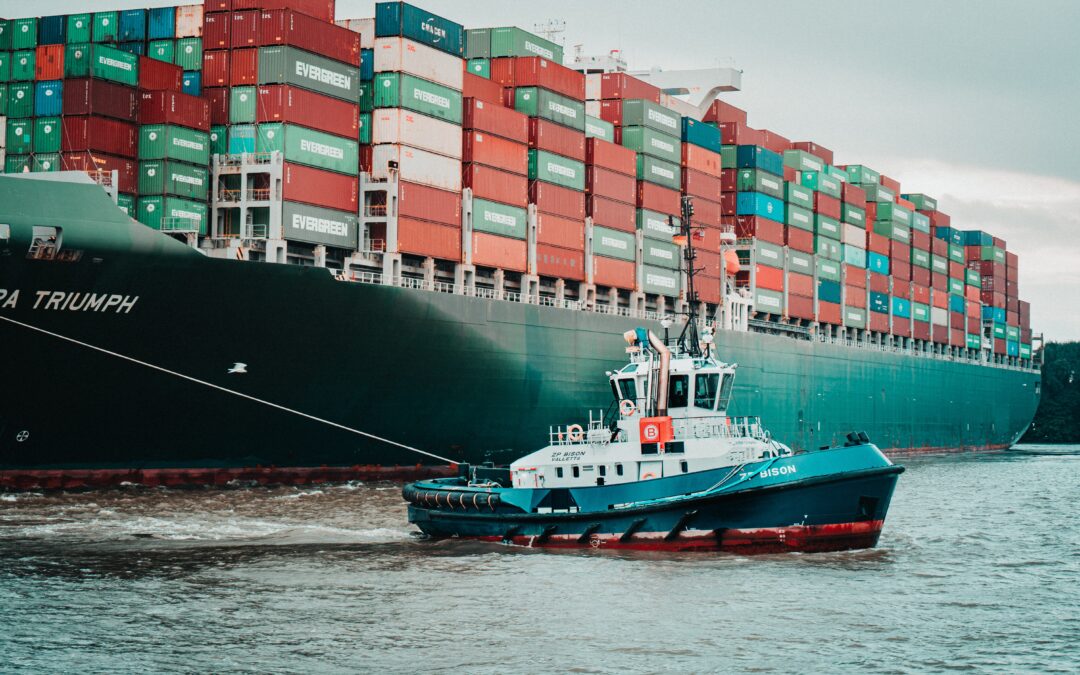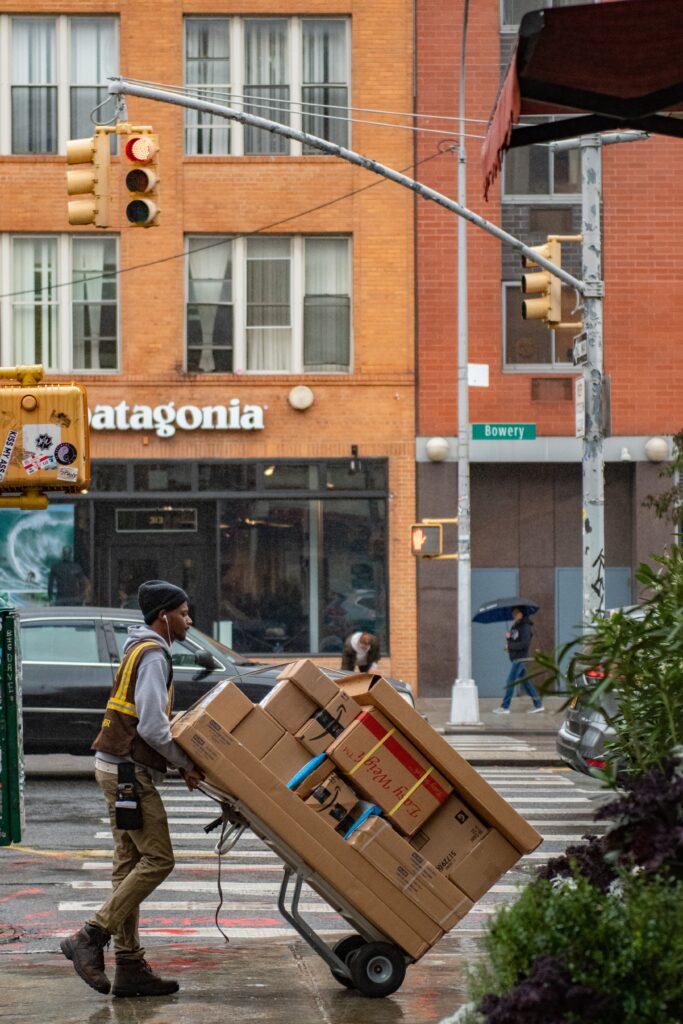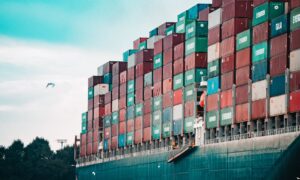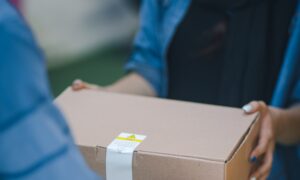Omicron is the new coronavirus variant shaping the narrative and realities of billions of people around the globe. It is a new phase in our collective response to the ongoing pandemic. As we enter the latest “omicron” chapter of our shared experience, here’s what to expect in the sphere of package delivery as well as everyday life.
Omicron
First, some information on what we know about the trending new variant so far:
Omicron was identified by doctors in South Africa last year. Health officials at the World Health Organization (WHO) designated it a variant of concern on November 26th, 2021 based on an uptick in covid-19 cases. It is not yet clear if this variant is more transmissible than other previously devastating variants such as Delta. And while there are increasing rates of hospitalization in South Africa, it is also not clear whether an infected person with the omicron variant experiences a more severe disease in comparison to other variants. Currently, omicron and its subvariants are the dominant covid strains in most of the world, including New York City.
As is a recurring theme of this fast-moving virus in all its variants: there’s still so much we don’t understand. And while scientists and healthcare professionals do all they can to understand the disease and how to care for infected individuals, people’s lives are at stake. This is a daunting reality but we also know by now that there are tangible, actionable things we can do to minimize the impact of these diseases in our community.
Things like getting vaccinated, masking, and social distancing are not new calls to action, but they remain critical steps to protect yourself, your family, your work, and your community.
Package Delivery In Unpredictable Times
So what does the new variant of covid-19 mean for package delivery and what can we expect as industry professionals and active consumers?
First and foremost, with so much still unknown, we can expect disruption and unpredictable challenges to come for trade and transport of goods. With new outbreaks, countries are tightening restrictions, closing borders, and implementing lockdowns and travel bans – decisions made for what can appear to be political gains, separate from what data indicates to be effective safety measures. And while leaders may win or lose “popularity points” with their constituents, it is the delivery professionals on the ground who have to scramble, stretch, and improvise solutions to keep the gears of our society turning and providing for so many dependent people.
The omicron variant looks to add even more pressure to a high-stakes situation. For example, in early March, Hong Kong recorded the highest number of cases per 100,000 people in the history of the pandemic. In response to new cases in Beijing being tied to international mail, China’s State Post Bureau implemented a strict policy of disinfecting and quarantining incoming deliveries. While made under the pressures of the public health crisis, decisions like that require extra staffing, putting more strain on an already stressed system.
It’s hard to know what to do when you have no idea what to expect. It’s also a reality that most of us have plenty of experience navigating at this point in the pandemic. Here are some quick suggestions to consider when expecting the unexpected in supply chains and in life.
Supply Chain Efficiency
At every step of the supply chain, there are industry and delivery professionals who are working hard to keep the flow of goods, our economies, and therefore societies, operating.
We’ve all had a lot of time to reflect on the concept of “essential work” and newfound gratitude for the people, often strangers, we rely on for food, heat, electricity, prescriptions, community health and so much more. Additionally, the pressure to distribute vaccines quickly and securely looms, with companies like FedEx taking on extra pressure to ship vaccines and other medical supplies around the world.
This crisis has revealed weak points in our supply chains. What has worked well through this pandemic and what has suffered? What links in the chain have failed, and why is that? What industries have thrived and which have required unsustainable amounts of additional support?
We have been responding to acute crises for months upon months. New variants are sure to continue and the time has come to make lasting, reparative change within our supply chains so that we can withstand the unpredictable factors of our world and societies. We have to focus on making chains as efficient, sustainable, and safe as possible.
Workers’ Rights
Right in line with that, is workers’ rights. This may strike some people as a political issue outside of the supply chain. However, our supply chain is operational because of the people who make it work. And these people need access to a living wage, vaccinations, and the right to return home after long months of transporting goods between countries for example. It is imperative that professionals within the industry and consumers alike advocate for the dignity these essential workers deserve. Unions have played an important role. For example, the APWU has advocated for better safety and more lenient leave policies for the postal service. Applying pressure to elected officials, supporting petitions, and staying informed on workers’ conditions can grow into a wave of societal change.
Safety Precautions For Delivery Professionals And Consumers
Focusing on the collective view of our delivery and supply systems is important, as is narrowing in on your capacity as an individual to minimize risk and take safety precautions that support your work, your family, and your community. So whether you are delivering packages or receiving them at your home, you can make efficient, sustainable, and safe choices in real-time that may seem small, but ripple out to broad effect.
Smart locker systems minimize contact, speed up the delivery process, and increase access to things like prescriptions and rentable technology tools. Supporting local businesses strengthens communities and keeps your resources circulating where you live. Storing packages in safe locations can save massive amounts of money for individuals and businesses.
Ultimately, whether we are living through a global pandemic, and/or a climate emergency, and/or a perfectly average day, improving our delivery systems and ensuring the health of workers, neighbors, and communities is a great idea. These efforts add a balm of hope and integrity to what to expect going forward.





